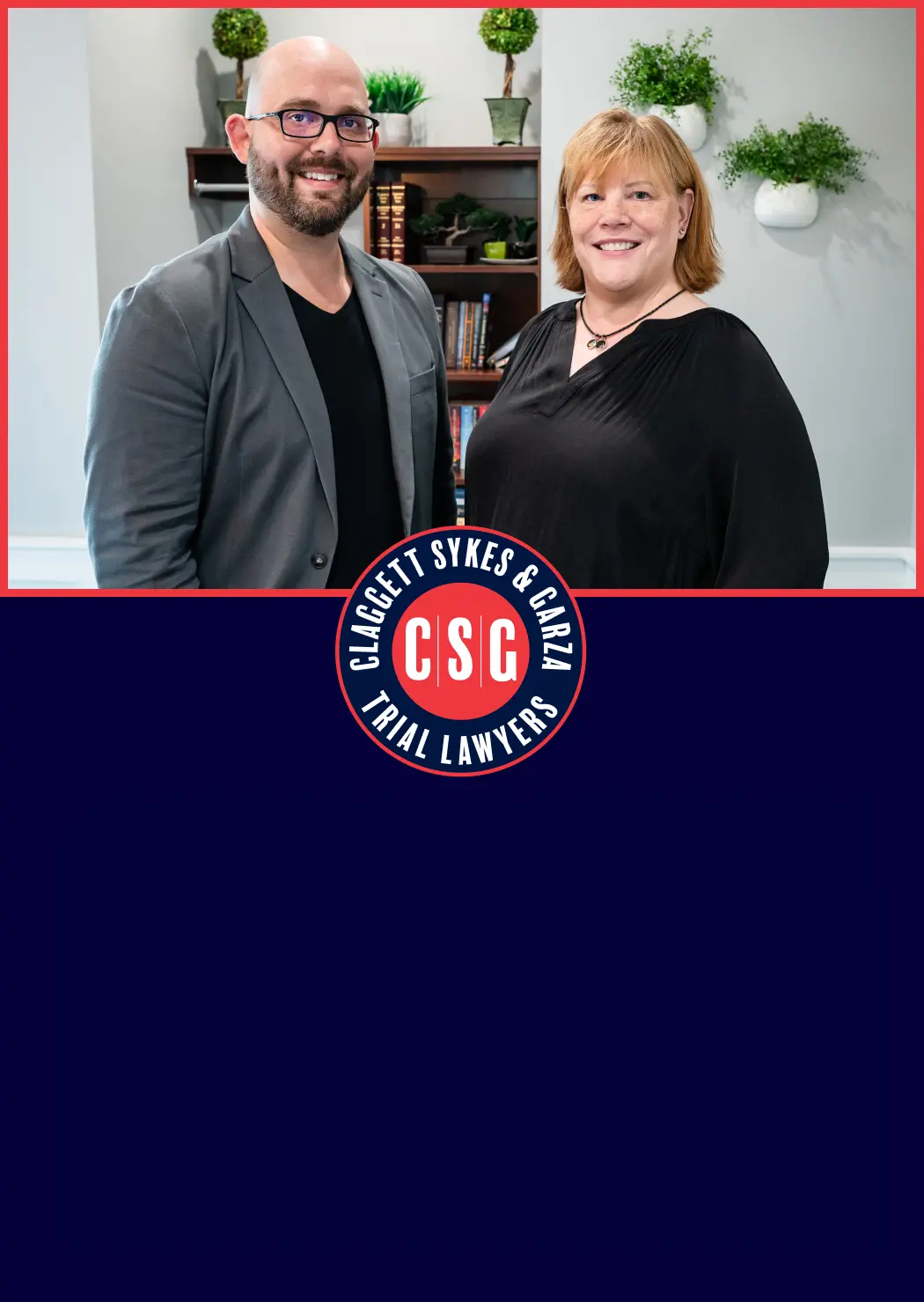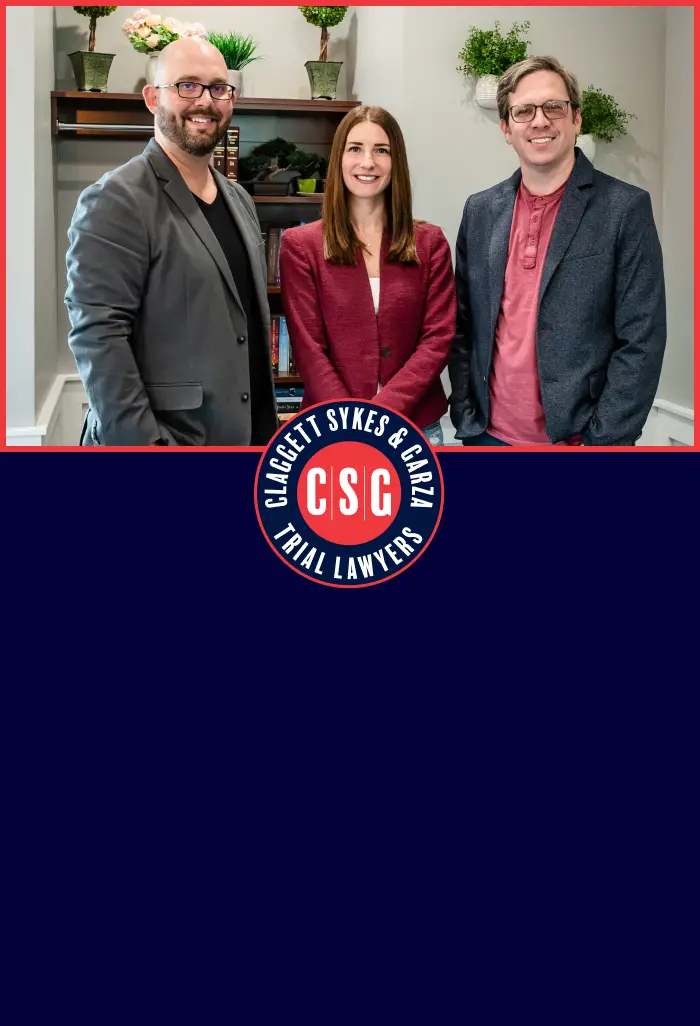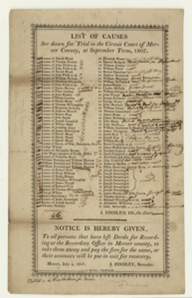It is an unfortunate reality that many facilities caring for the most vulnerable members of society mistreat or neglect them. Residents of nursing homes sometimes suffer from lack of care, exploitation, and various forms of abuse.
If you suspect that a family member has been neglected or abused at a nursing home, there are legal steps you could take to hold the wrongdoers accountable. You could also pursue monetary damages in court with the help of a compassionate attorney. Reach out to an Enfield personal injury lawyer to learn more about how you could seek justice for your loved one.
Indicators of Nursing Home Abuse
Certain common conditions and circumstances often exist in an environment where neglect or mistreatment occurs. The presence of any of these indicators merits further investigation:
- Patient or premises are dirty or unkempt
- Changes in medication that do not seem warranted
- Deterioration in the patient’s mood or mental state
- Sudden changes in appetite or weight
- Patient develops a sexually transmitted disease
- Unexplained cuts, bruises, or other injuries
- Bedsores or pressure ulcers
Long-term care facility residents may not always be able to articulate what is happening to them. Being aware of the signs of nursing home abuse and reaching out to a skilled Enfield attorney could help get residents the help that they need.

Injured in an Accident?
Get the Compensation You Deserve. Our Experienced Lawyers Can Help.
Do Not Wait to Take Action
Removing the loved one from the facility should be the priority of a family who suspects physical or sexual abuse. Finding an alternative placement in a hurry could be challenging, but there are resources available to help. A family doctor, county Medicaid office, or a local non-profit devoted to issues around aging could be able to provide guidance.
When there is credible suspicion of physical or sexual abuse, a call to the police might be warranted. An attorney with experience in elder care issues in Enfield could advise whether police involvement is appropriate in a specific case.
Connecticut General Statutes §17a-405 establishes an ombudsman to protect the rights of residents of long-term care facilities. A family concerned about nursing home abuse should report their concerns to the ombudsman, who is obliged to investigate and report their findings.
Holding the Long-Term Care Facility Accountable
Whether or not the situation merits the loved one’s immediate relocation, any nursing home that engages in mistreatment should be held accountable for their wrongful conduct. One way to accomplish this goal is to bring a civil lawsuit seeking damages for personal injuries.
A family member or the nursing home resident could work with an Enfield injury attorney to seek damages for the facility’s negligent care, unsafe premises, and negligent hiring and supervision. A family could provide photographs, videos, or voice recordings documenting the abuse or neglect their loved one suffered. If the patient is able to communicate what happened to them, their testimony could be recorded.
The bulk of the damages in a nursing home abuse case are likely to be related to the resident’s pain and suffering and lost enjoyment of life. Identity theft is also an issue in nursing homes, and cases of this nature could result in compensation for economic losses. When the actions of the facility are particularly egregious, punitive damages may be awarded to punish the at-fault party and deter similar action in the future. A seasoned attorney could help a claimant determine which types of damages they might be entitled to in a nursing home abuse case.

Suffered a Personal Injury?
Let Us Fight for Your Rights and Maximize Your Compensation.
Schedule a Consultation with an Enfield Nursing Home Abuse Attorney
If you suspect a loved one is being mistreated in a nursing home, do not hesitate to take legal action. An Enfield nursing home abuse lawyer could provide robust support for a family in distress and be a fierce advocate for the patient. Contact our office today to get started on your case.

